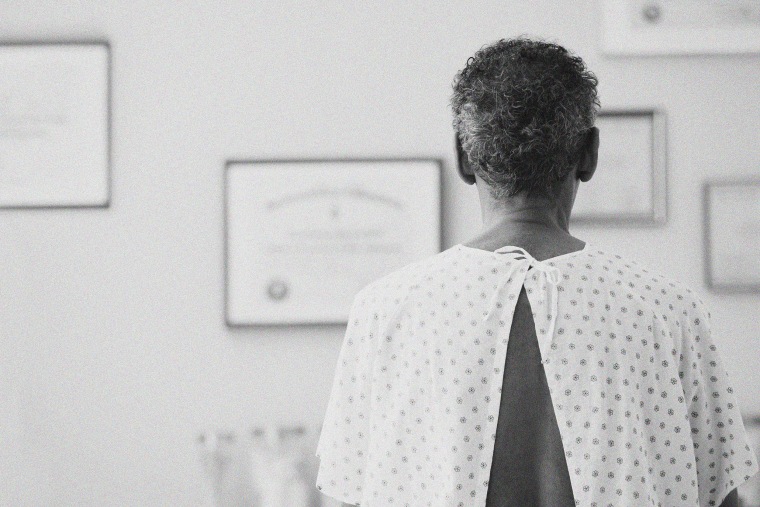Doctors are more likely to describe Black patients negatively when writing notes and reports, which could encourage medical racism and Black people’s distrust of the nation’s health care system, a pair of recent studies found.
In a February study from the University of Chicago, researchers analyzed some 40,000 hospital notes about more than 18,000 patients and found that Black people were twice as likely than white people to have negative descriptors in their files. A similar study published in January in JAMA Network Open found that doctors were most likely to use “stigmatizing language” in notes for Black patients.
“When compared to white non-Hispanic patients, Black non-Hispanic patients had 2.5 times the odds of having a negative descriptor like ‘noncompliant, challenging, or resisting.’” Michael Sun, a medical student at the University of Chicago and lead author of the February study.
The second study, also in JAMA Network Open, looked at more than 48,000 hospital notes and found that stigmatizing language appeared most frequently in notes about Black patients. Researchers also said these notes showed that doctors are less likely to believe Black patients and led to “negative attitudes” about patients.
Racial disparities in health care are well documented. Black people are less likely to receive adequate medical care and more likely to endure racism when meeting with health professionals. And the pandemic has prompted renewed attention to the ways discrimination drives health disparities among Black Americans. Sun said stigmatizing doctor’s notes are a part of the problem that only makes matters worse.
“Patients who perceive medical mistrust or patients who have reported incidents of discrimination for any reason in their health care, are more likely to mistrust the health care system, to follow recommendations by new medical providers, and really break down that doctor-patient relationship that we rely on,” Sun said.
He added: “At least in the hypothetical sense, we know that medical providers can be influenced by negative language, as well as have their clinical decisions change. … [I]t’s not illogical to assume that it affects medical care.”
Patient advocacy groups like Patient Orator, the California Black Health Network, Black Health, the Black Women’s Health Imperative and others work to fight for adequate health care for Black people. Their work also combats common racist myths like Black people having a high pain tolerance — which often leads to under-treatment. Patient advocates have also highlighted and condemned discrimination like medical illustrations usually featuring white skin; Black kids being mislabeled with conduct disorders for normal childlike behaviors; and Black women having alarming maternal mortality rates.

